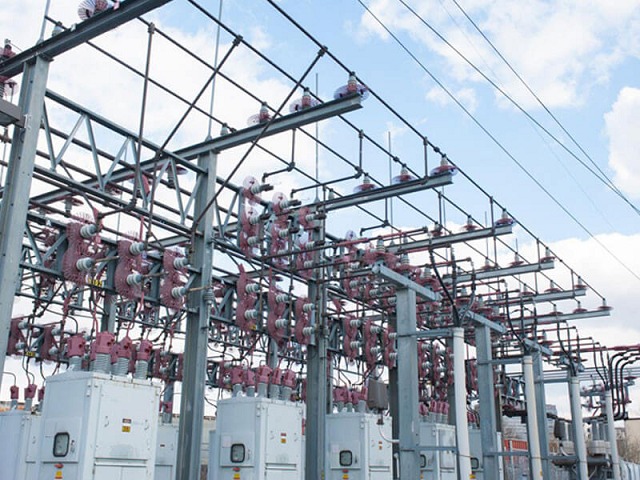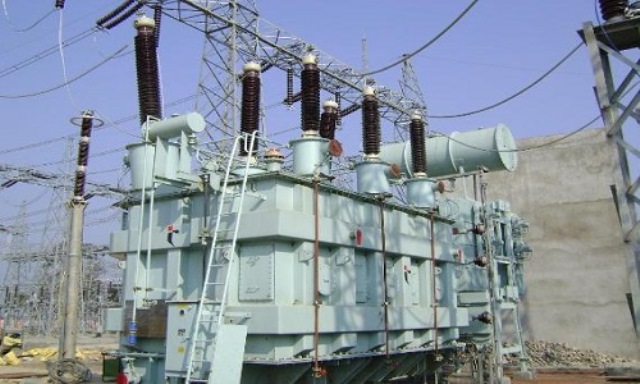Power generation companies (Gencos) in Nigeria’s electricity industry have listed six conditions they said the federal government would have to fulfil quickly to avoid the likelihood of them shutting down their operations which they nevertheless said was imminent.
According to them, they want the government to speed up payment of outstanding balance due to them under the N213 billion Nigeria
Electricity Market Stabilisation Facility (NEMSF) created by the Central Bank of Nigeria (CBN) in 2013; pay them outstanding power generation invoice accrued in January 2015 before the Transition Electricity Market (TEM) took off; as well as outstanding invoices for power supplied to the grid between February 2015 and December, 2016 with accrued interests.
They also claimed they wanted capacity payments to them for the period February 2015, to date; payment for deemed capacity for the period 2013 to date; and the setting up of an effective financing plan which would kick in upon the exhaustion of the N701 billion payment assurance facility set up by the government to sustain payments of invoices until 2021, when the government estimated the power market would be self-sustaining.
Speaking through their umbrella body – the Association of Power Generation Companies (APGC), the Gencos also explained that contrary to general belief, they have not been better off with existing financial intervention schemes initiated by the government.
“Gencos without equivocation are stressing the need for government and relevant stakeholders to tackle the operational inefficiency and
liquidity challenges plaguing the entire value chain and making the sector unattractive for investment by: expediting the process of
payment of the outstanding balance due to Gencos under the CBN N213 billion Electricity Market Stabilisation Facility.
“Payment of the outstanding for January 2015 (invoice unpaid with Market Operator before TEM); outstanding/unpaid invoices from February 2015 to December, 2016 with accrued interests; payment for available capacity for the period 2015 February to date; payment for deemed capacity for the period 2013 to date; putting in place an effective financing plan to kick in upon the exhaustion of the N701 billion
payment assurance facility to sustain payments of invoices till 2021, when federal government projects that the NESI would be self sustaining,” they said in a statement signed by the Executive Secretary of APGC, Dr. Joy Ogaji on Sunday in Abuja.
They equally explained the importance of their request, stating that: “Not having an effective financing plan in place would erode whatever
gains that would be made when the above proposed solutions are implemented.”
According to them, it was necessary for the government to create an effective payment security and guarantees on their exposure to the market.
They said there was an original intention to provide them World Bank Partial Risk Guarantees (PRGs) supported by sovereign guarantees from Nigeria at the inception of the power sector privatisation exercise, adding that such financial instrument was now inevitable.
“Without such instruments and the required sovereign backing, it becomes impossible for any bank or financial institution to provide
any funding or credit accommodation to any Genco, yet there is an obvious need for substantial additional investments and funding to develop the NESI and put the electricity market on the right growth trajectory,” they noted.
The Gencos also said they were not economic saboteurs because their current operational challenges would not allow them to continue to
produce power for the country.
“Gencos are facing increasing costs to generate and deliver electricity to Nigerians due to inefficiencies in the market ranging from grid operations, liquidity challenges, and access to forex to fund plant maintenance and other foreign currency denominated projects.
“Gencos try hedging, by entering into long term fixed contracts to shield customers from rising costs due to these challenges, but since these contracts are not effective due to the Nigerian Bulk Electricity
trading Company’s (NBET) inability to make them effective – posting the required letter of credit to Gencos – Gencos are made to bear
these risks in order to provide this essential commodity patriotically.
“One of such is revenue risk, a situation where actual project revenues are less than initially anticipated either through a reduction in the demand for power or a reduction in the payable for the power generated – market remittance,” they explained.
Further, they stated that: “The government however, has over the years come up with one intervention mechanism or the other to mitigate the financial burden on the market but as laudable as they are, the Gencos are not better of as some claim.”
















